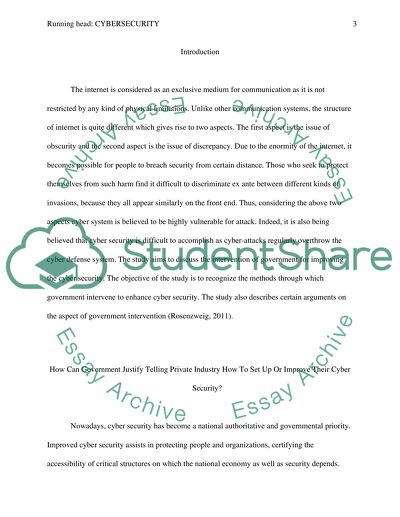Cite this document
(“Cybersecurity Coursework Example | Topics and Well Written Essays - 2000 words”, n.d.)
Cybersecurity Coursework Example | Topics and Well Written Essays - 2000 words. Retrieved from https://studentshare.org/information-technology/1456892-cybersecurity
Cybersecurity Coursework Example | Topics and Well Written Essays - 2000 words. Retrieved from https://studentshare.org/information-technology/1456892-cybersecurity
(Cybersecurity Coursework Example | Topics and Well Written Essays - 2000 Words)
Cybersecurity Coursework Example | Topics and Well Written Essays - 2000 Words. https://studentshare.org/information-technology/1456892-cybersecurity.
Cybersecurity Coursework Example | Topics and Well Written Essays - 2000 Words. https://studentshare.org/information-technology/1456892-cybersecurity.
“Cybersecurity Coursework Example | Topics and Well Written Essays - 2000 Words”, n.d. https://studentshare.org/information-technology/1456892-cybersecurity.


